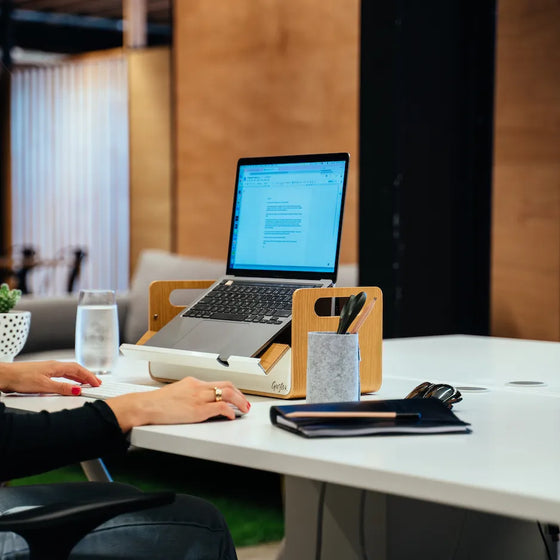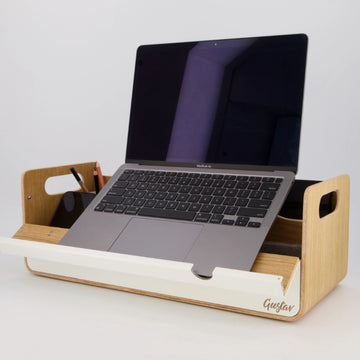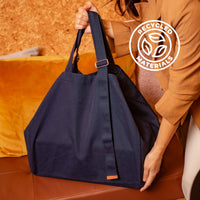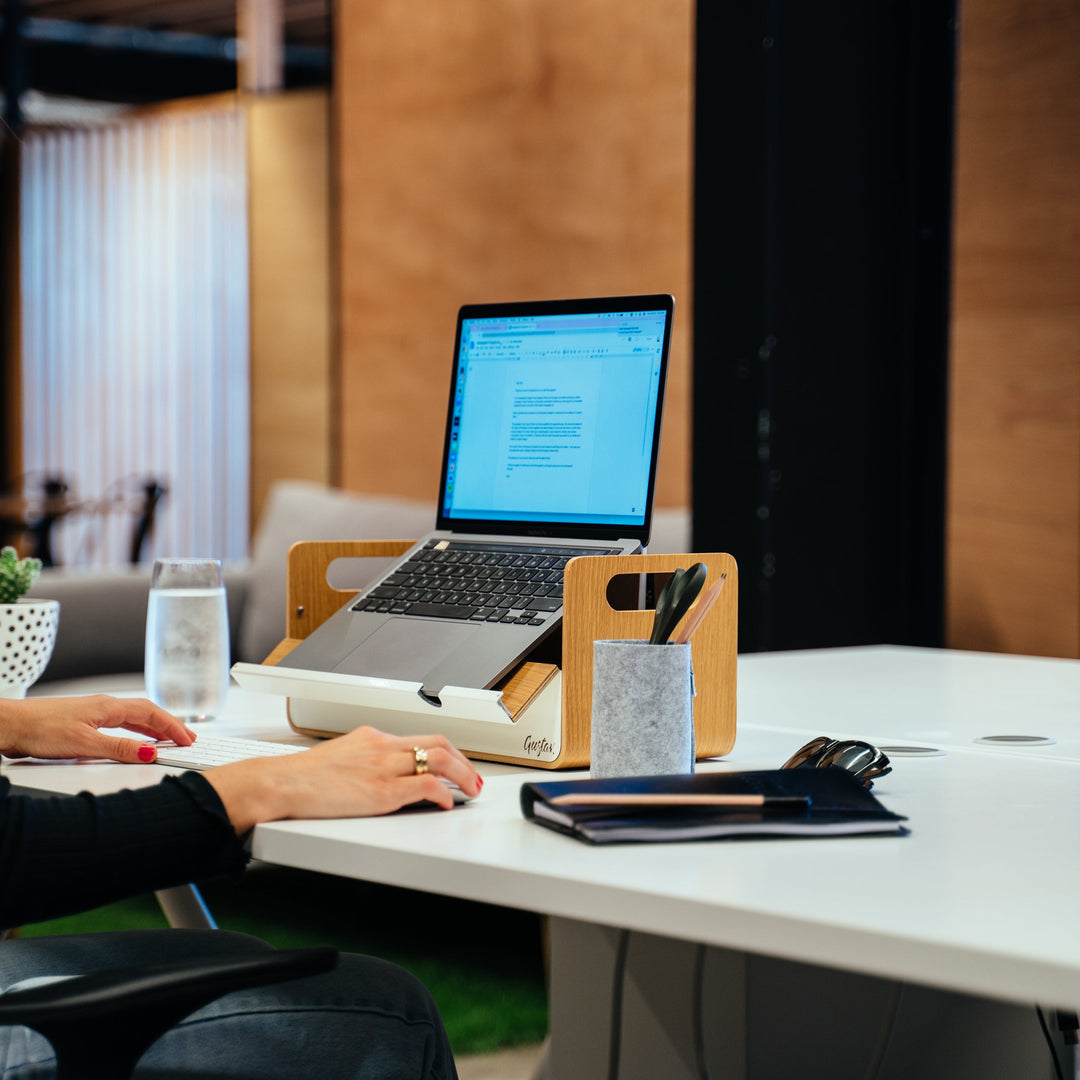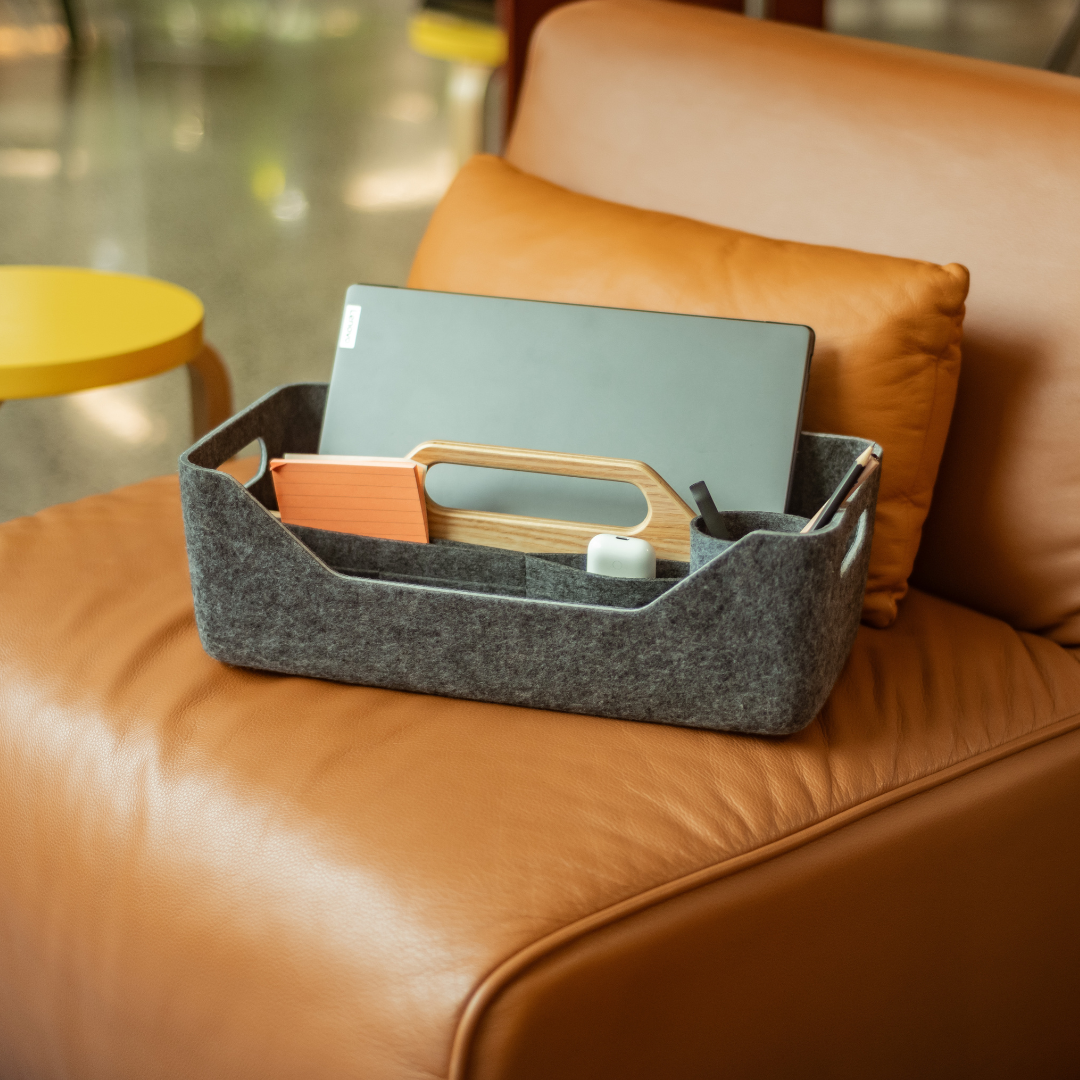Gustav Expert Talk with Sabine Zinke
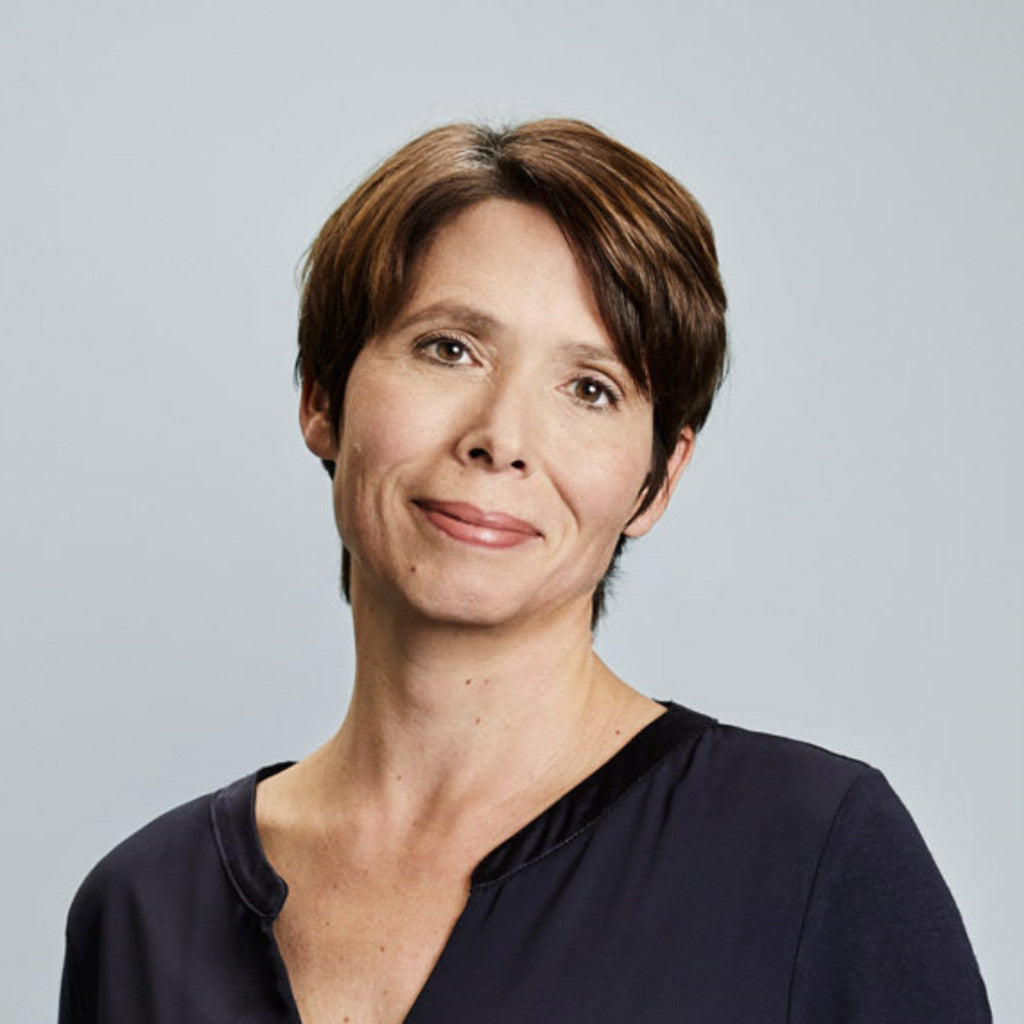
Sabine Zinke loves to accompany people on their way into something new. She advises companies on their way into hybrid work and new ways of working, especially after Corona. In doing so, she makes sure to combine the best of both worlds: "The future of work is hybrid," the expert for human resources and organisational development is convinced.
"It is important to take advantage of the flexibility we have demonstrated into the future."
Nevertheless, she is convinced that the office is by no means obsolete. Rather, organisations need to think strategically about what they want to use their space for: "In many companies, there are people who prefer to work in the office or need a certain infrastructure for their job. On the other hand, a lot of people don't have a strong attachment to the office.
It is important that there is a common understanding in the organisation and also in the respective teams of what you want to come together for in the first place."
The result can vary from team to team: after all, some different formats and occasions require different meetings. "You don't necessarily have to meet in person for the pure exchange of information," says Zinke. "On the other hand, it can be important for a company that everyone meets once a month. But that, in turn, doesn't necessarily have to be combined with a team meeting."
According to Zinke, every company is a social system based on bonds. Depending on the activity, organisation, team and task, it needs the right mix of presence and absence - as well as different spaces that represent an identity anchor.
The trained psychologist observes an interesting trend: "People try to use the available space as efficiently as possible.
Especially in times of hybrid forms of work, the energy crisis and various sustainability discussions, the question arises whether you still need large office spaces or whether you'd rather create spaces for collaboration and provide retreats for those who want to work in peace."
Activity-based working is the name of the concept of setting up activity-oriented workplaces to promote performance and creativity. Activity-based working, and with it the idea of "sharing" workspace, has also become widely accepted in Austria, not least due to the experiences during Corona, says Zinke. "We see across all sectors and sizes that companies are converting or at least thinking in this direction. This ranges from tax consulting firms to NGOs to large corporations and public administration."
Whether out of conviction, cost pressure or sustainability aspects: The topic has arrived in the middle of the working world. One thing, however, unites all companies switching to Activity Based Working. As soon as classic workplaces with under-desk containers disappear, people need a way to transport their utensils from one place to another in the office.
"The classic is certainly to lock your things in a locker and transport them from A to B when needed," says Zinke. Toolboxes like Gustav are perfect for this: not only can they be used to transport laptops, keyboards and all documents easily and uncomplicatedly around the office. The office toolbox also serves as a laptop stand, thus enabling an ergonomic workplace that can be set up and taken down in seconds.
It also makes Gustav practical for home office workers, says Zinke: "Especially when I don't have a fixed place to work but always have to move back and forth, Gustav is a way to keep my workplace reasonably tidy. I can always set up in different places and still have all my things together.
Info: Sabine Zinke is a trained psychologist with an affinity for architecture and many years of experience in human resources and organisational development. An expert in organisational planning and change management, she deals with topics such as activity-based working and transition to new working worlds. She also publishes her findings on the interactions between space and behaviour at https://www.moo-con.com/unser-wissen/blog/.


